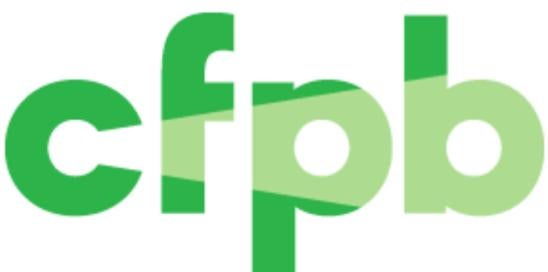| Go-To Guide: |
|
In its continued focus on so-called illegal “junk fees,” the CFPB issued an Advisory Opinion on the obligations of large banks and credit unions. The CFPB’s actions arise at a time when many large banks are moving away from a relationship-focused model to a tech-driven one that streamlines customer services, a shift the CFPB asserts has, at times, harmed customers.
The CFPB, in the Advisory Opinion, addresses three main issues:
-
Defining Junk Fees: The CFPB highlights various fees banks charge for essential customer services and emphasizes that customers should not be burdened with such costs.
-
Clarifying Legal Requirements: The CFPB explains how it will enforce the legal requirements concerning customer service and fees, ensuring that large banks do not impose unjust charges on essential services.
-
Focus on Transparency: The CFPB emphasizes the importance of clear, accurate, and timely communication and stresses that banks should not create barriers, either through excessive fees or other means, that prevent customers from accessing their account information.
These advisory opinions and guidance initiatives underscore the CFPB’s focus on consumer rights in accessing their account information without undue hindrances or excessive fees, highlighting the CFPB’s stance against the imposition of “junk fees” by large financial institutions, a move that could significantly impact the business operations of these institutions and redefine industry norms.
CFPB Director Chopra highlights the importance of ensuring that consumers can access their account details without navigating unnecessary obstacles or paying unjust fees, stating that “charging a competitive price for a legitimate service makes sense, but charging junk fees for basic customer responsiveness doesn’t.”
Concurrent with issuing its Advisory Opinion, the CFPB also unveiled a special edition of its Supervisory Highlights that details its efforts to police “illegal junk fees,” and outlines the results of recent oversight inspections of major financial institutions. The report reveals that the CFPB’s undertakings have resulted in the restitution of $140 million to consumers by the companies highlighted in the report, noting that a significant portion of this amount, $120 million, redresses overdraft fees and double charges on non-sufficient funds fees.
The CFPB’s guidance is part of a larger, integrated Administration initiative by multiple federal agencies. The FTC synchronously announced a Proposed Rule aimed at prohibiting “junk fees,” which is supported by the FCC, HUD, DOT, and CFPB. The Proposed Rule seeks to ban businesses from advertising prices that exclude mandatory or essential fees, and to restrict sellers from misrepresenting fees and require them to transparently disclose the purpose and amount of fees upfront.[3]
Takeaways
Large banks, credit unions, and other stakeholders in the financial sector should closely examine this Advisory Opinion and CFPB’s stance on fees broadly. In examining their practices, it is essential these institutions:
-
Re-evaluate Fee Structures: Financial institutions should assess their fee structures, implementing regular internal reviews of fees – especially those related to essential customer services, which must comply with CFPB guidelines. Specifically, the Advisory Opinion states that section 1034(c) prohibits large banks from charging fees for services such as:
-
Responding to consumer inquiries regarding their deposit account balance;
-
Responding to consumer inquiries seeking the amount necessary to pay a loan balance;
-
Responding to a request for a specific type of supporting document, such as a check image or an original account agreement; and
-
For time spent on consumer inquiries seeking information and supporting documents regarding an account.
-
-
Prioritize Customer Service: Institutions should continually examine their customer service models, emphasizing transparency by ensuring that all fees are clearly communicated to consumers in advance and offering detailed explanations of their purpose, fostering a strong customer relationship.
-
Stay Informed of Further Developments: Institutions should keep abreast of ongoing developments and oversight related to these issues to ensure continued compliance.
*Special thanks to Atlanta Law Clerk/JD's Tessa Cierny ˘ and Zeba Pirani ˘ for their valuable contributions to this GT Alert.
˘ Not admitted to the practice of law.
[1]12 U.S.C. 5534(c).
[2]12 U.S.C. 5534(c)(1) (provision applies to “a covered person subject to supervision and primary enforcement by the Bureau pursuant to section 1025”); see also id. sec. 5481(1), (6) (defining “affiliate” and “covered person”); id. sec. 5515(a)-(c) (CFPA section 1025 providing CFPB with supervisory and primary enforcement authority over insured depository institutions and insured credit unions with total assets of more than $10 billion and over their affiliates). For convenience, this GT Alert generally refers to institutions subject to section 1034(c) as “large banks and credit unions.”
[3]The FTC vote approving publication of the notice of proposed rulemaking was 3-0. Once the notice has been published in the Federal Register, stakeholders can submit comments electronically for 60 days online through the website. Stakeholders also may submit comments in writing by following the instructions in the “Supplementary Information” section of the Federal Register notice.







 i
i


